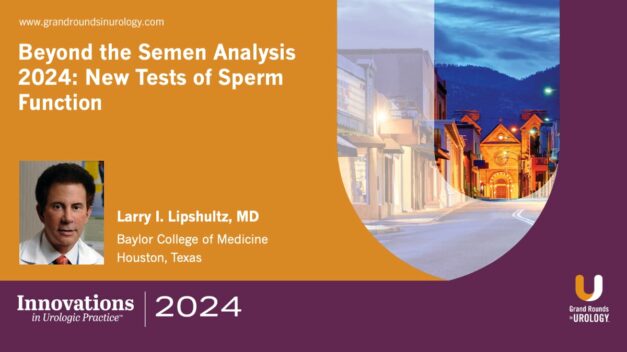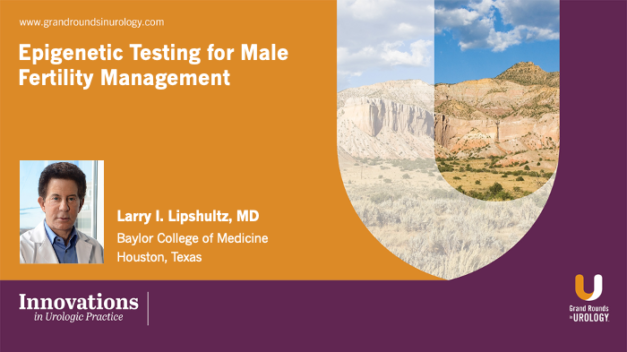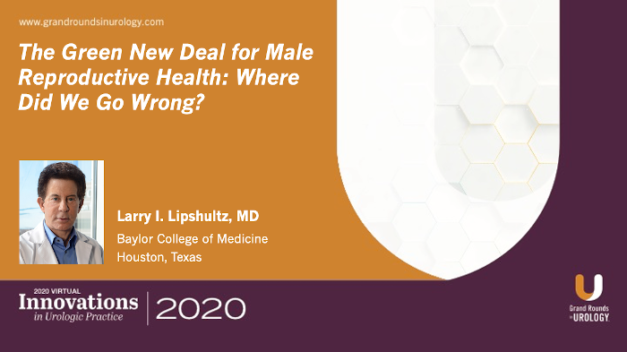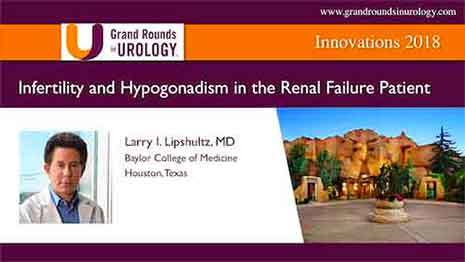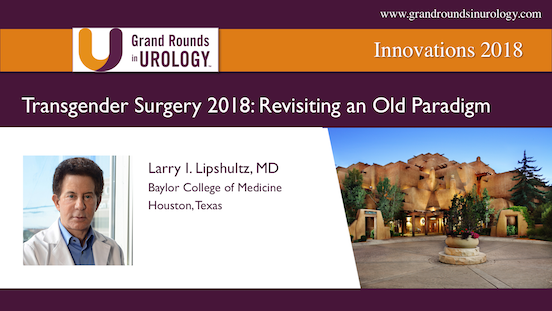Beyond the Semen Analysis 2024: State of Art Male Fertility Testing
Larry I. Lipshultz, MD, critically examines the limitations of traditional semen analysis in evaluating male infertility and advocates for the adoption of advanced diagnostic techniques.
In this 23-minute presentation, Dr. Lipshultz shares that semen analysis still relies on parameters like sperm count, motility, and morphology. Lipshultz underscores the need for innovative tests beyond standard semen analysis, introducing several emerging techniques. He highlights DNA fragmentation testing and epigenetic testing. Emerging assays like non-obstructive azoospermic (NOA) tests and sperm fertility window assessments offer further diagnostic precision. Whole genome sequencing, utilizing advanced nanopore technology, is poised to revolutionize male infertility diagnostics by identifying specific genetic anomalies.
Dr. Lipshultz asserts that traditional semen analysis is outdated and should be supplemented with new advanced, functionally informative tests to enhance diagnostic accuracy and patient care in infertility treatment.
Read More
